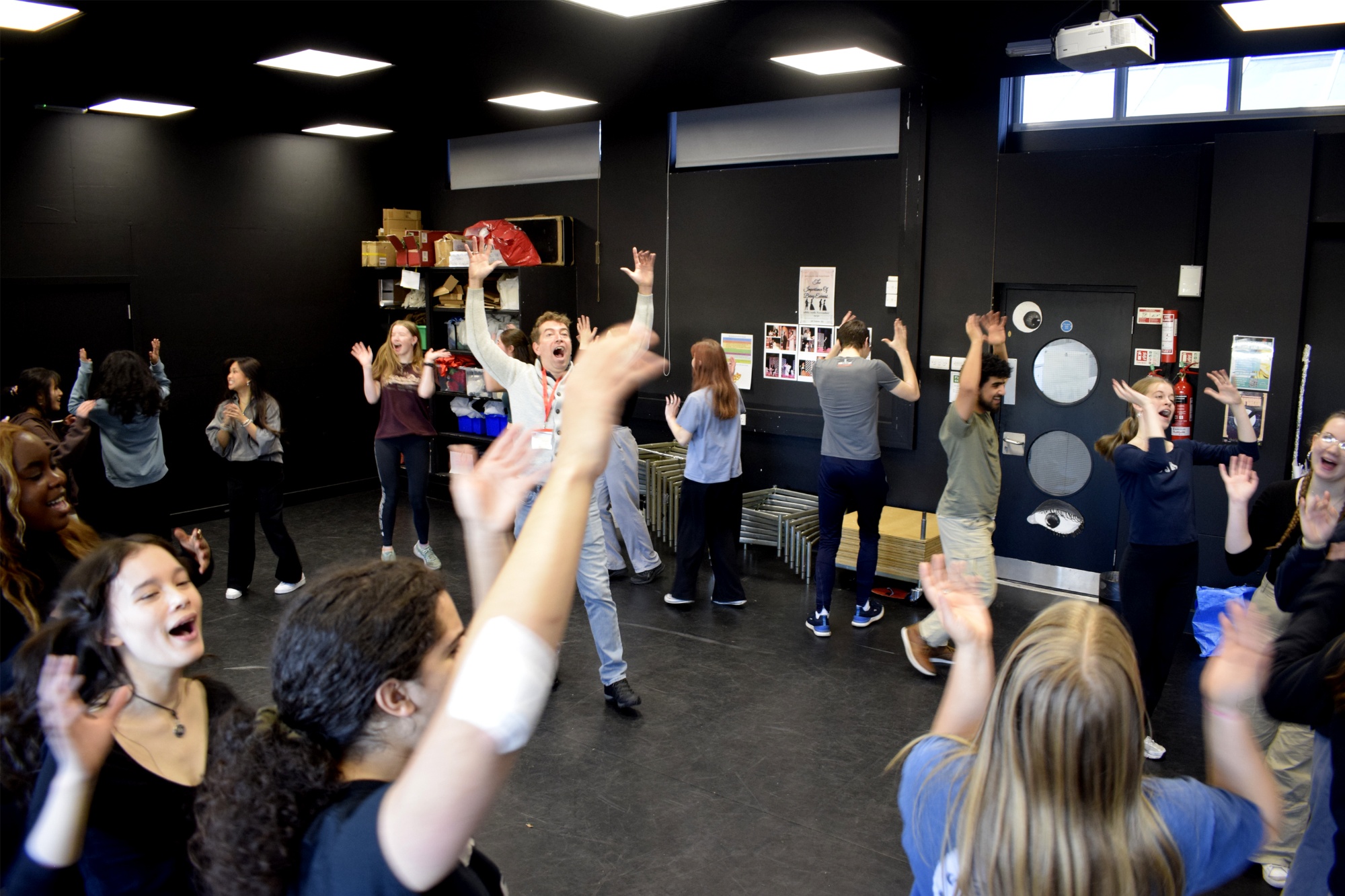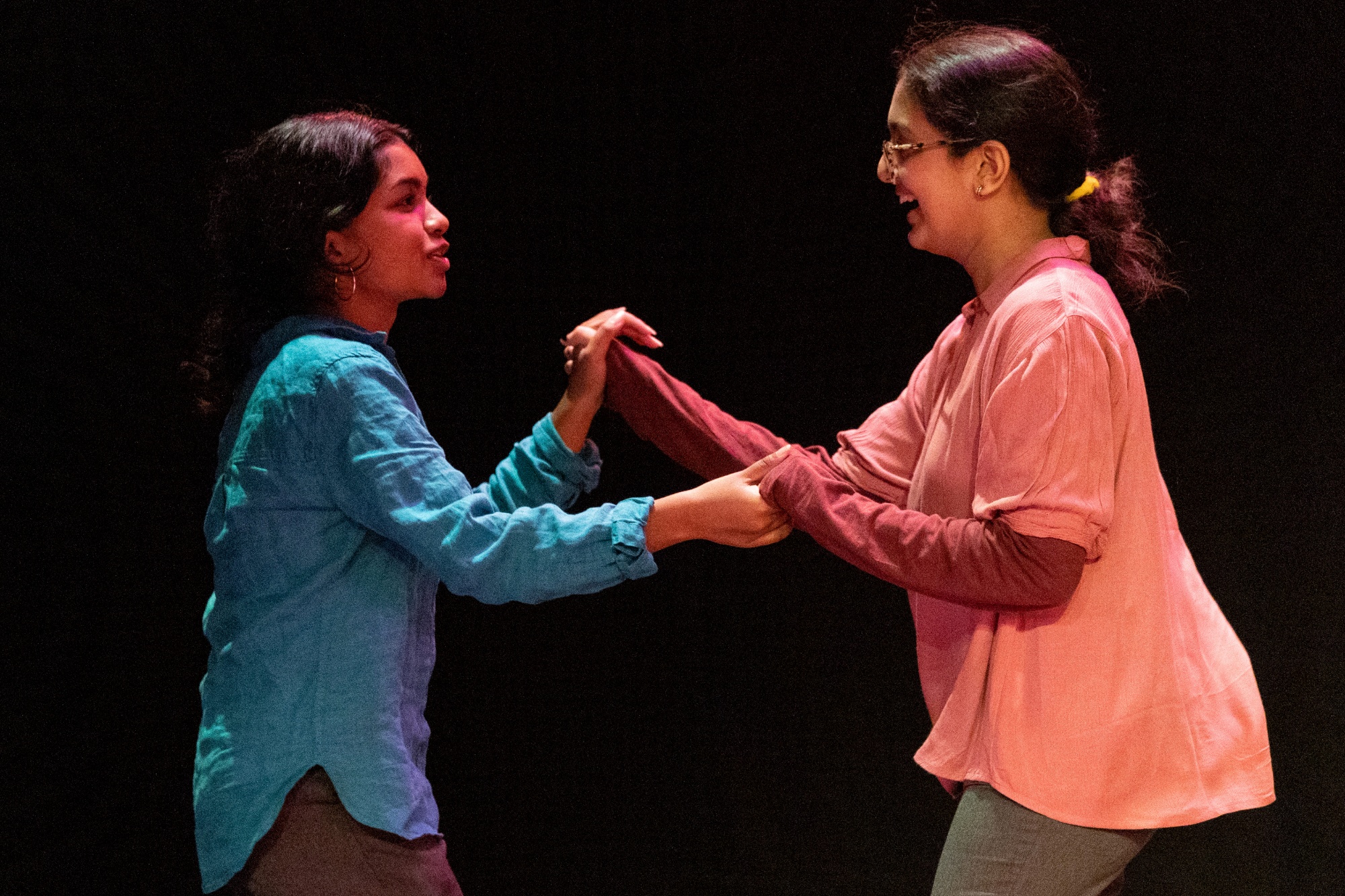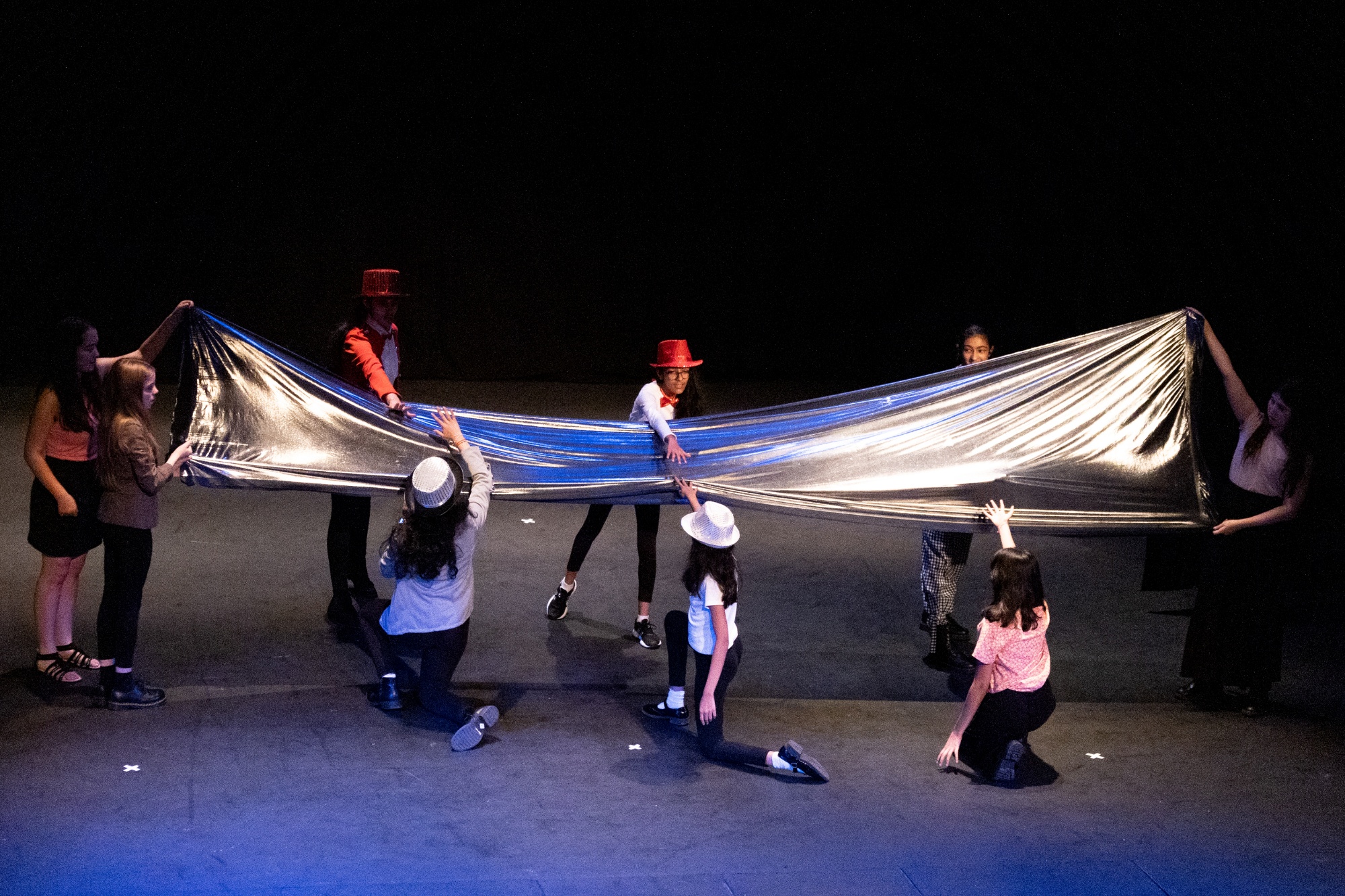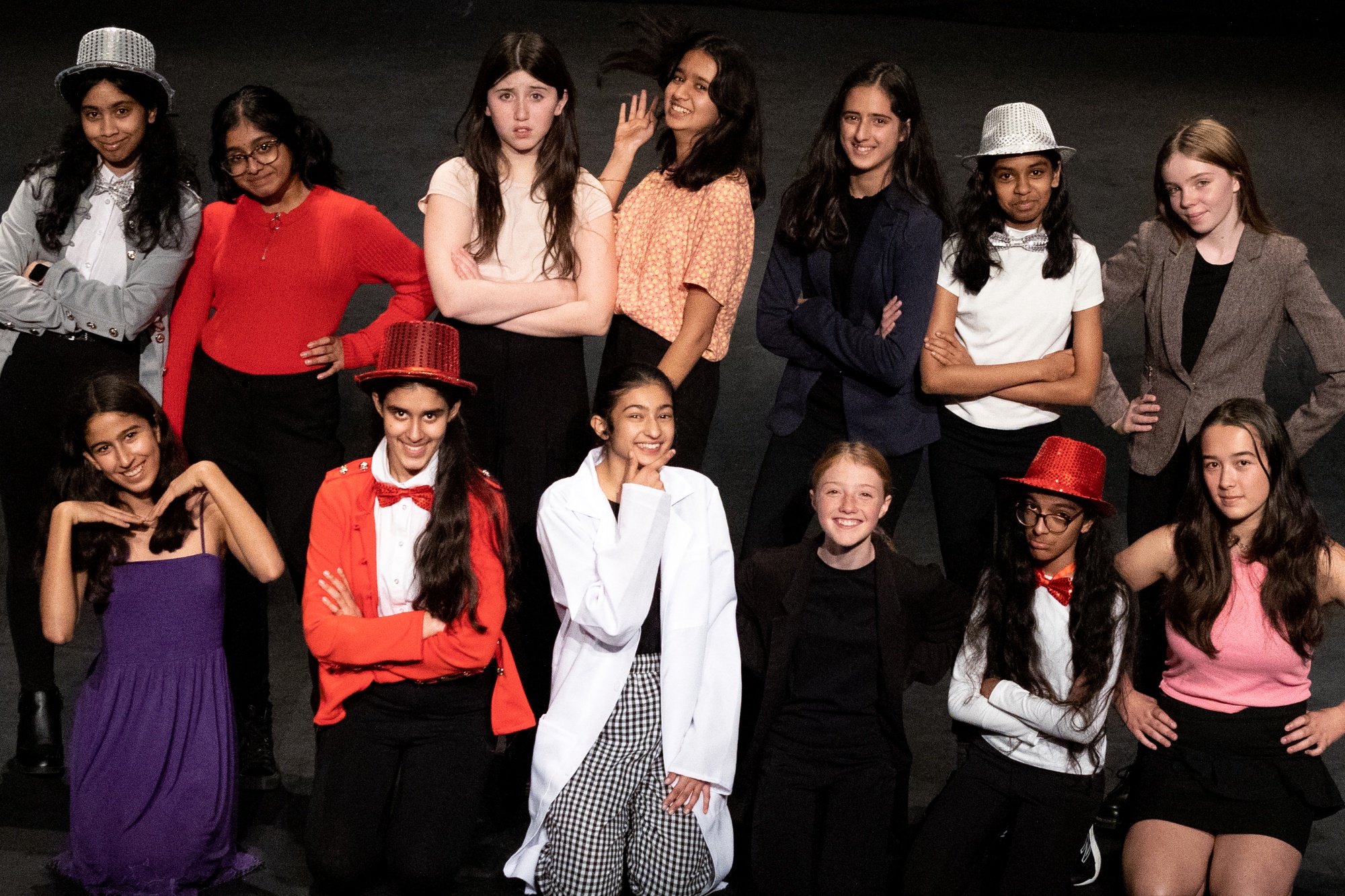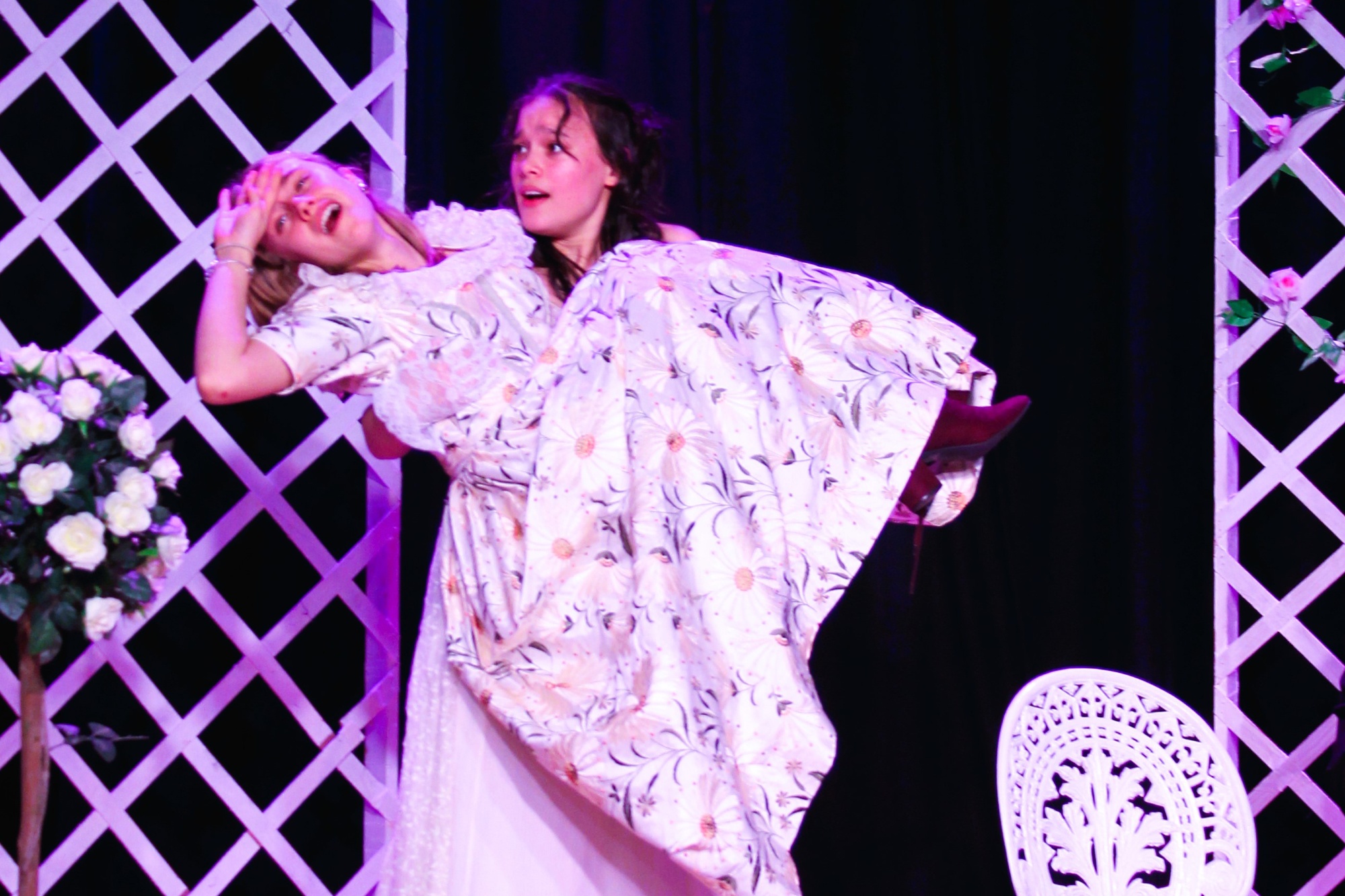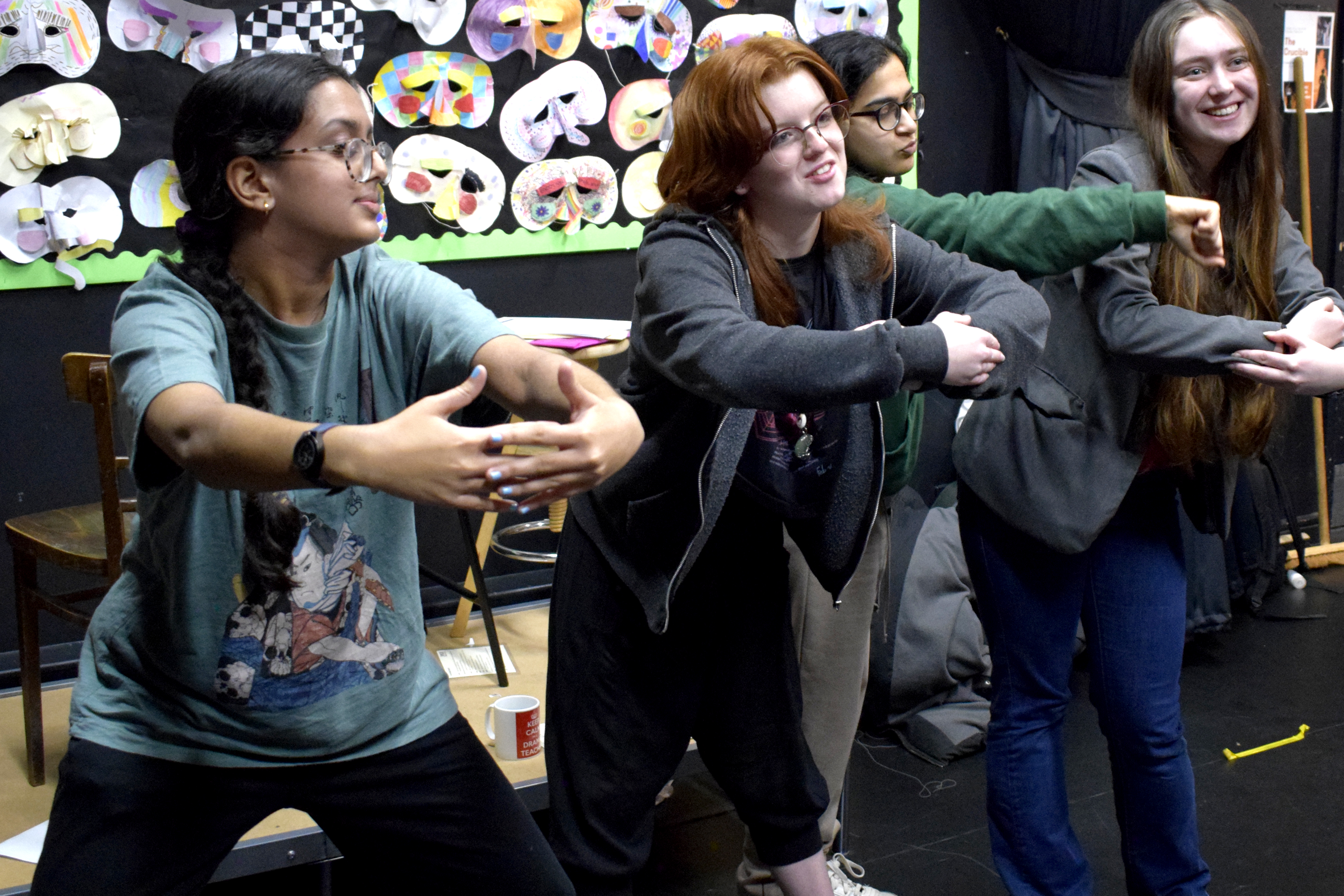Drama
Curriculum Intent & Rationale
Drama is a growing part of the school curriculum with lessons delivered to all Key Stage 3 students on a weekly basis. These lessons are designed to encourage and help build confidence, team work and performance – all transferable life skills.

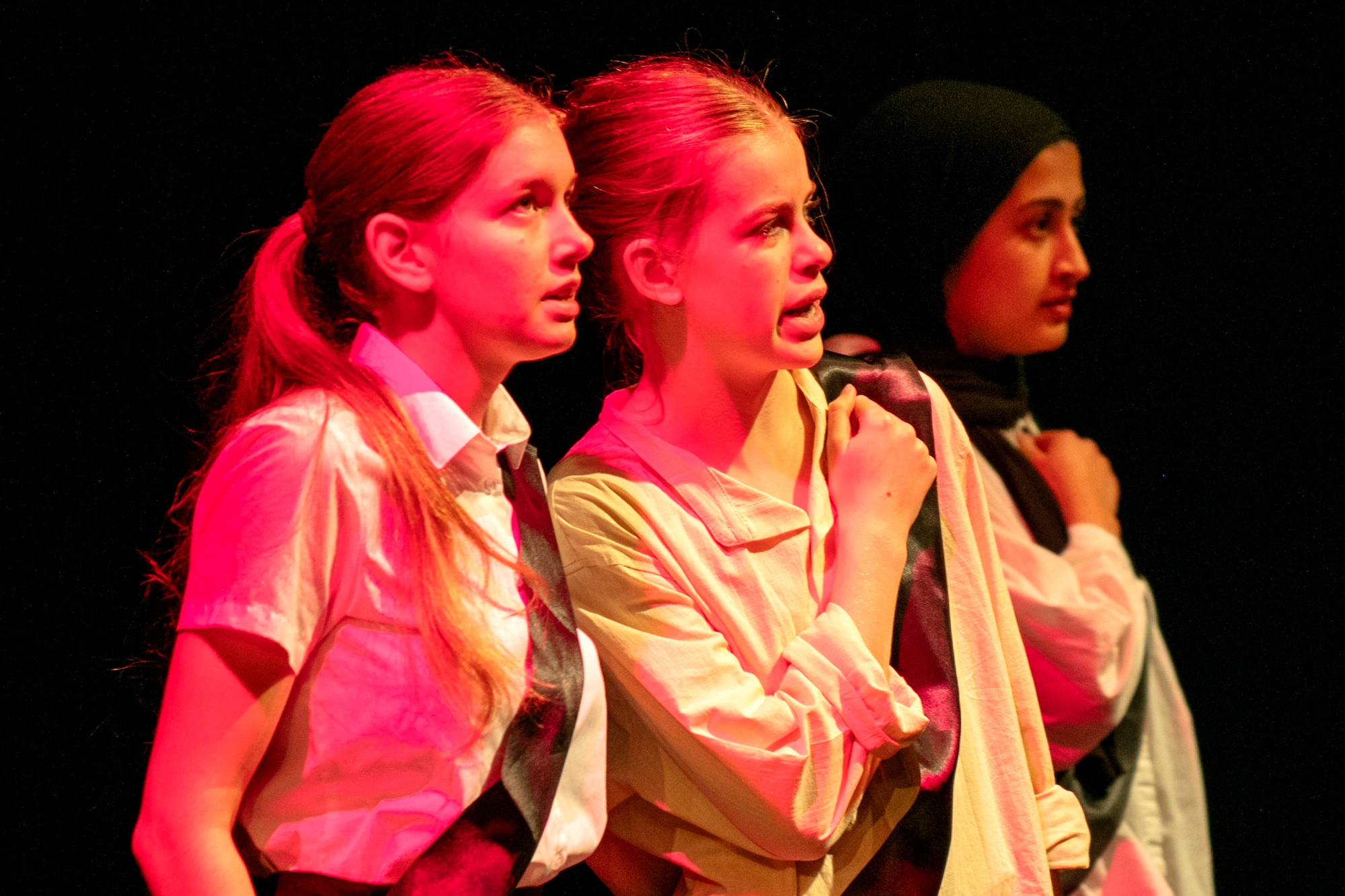
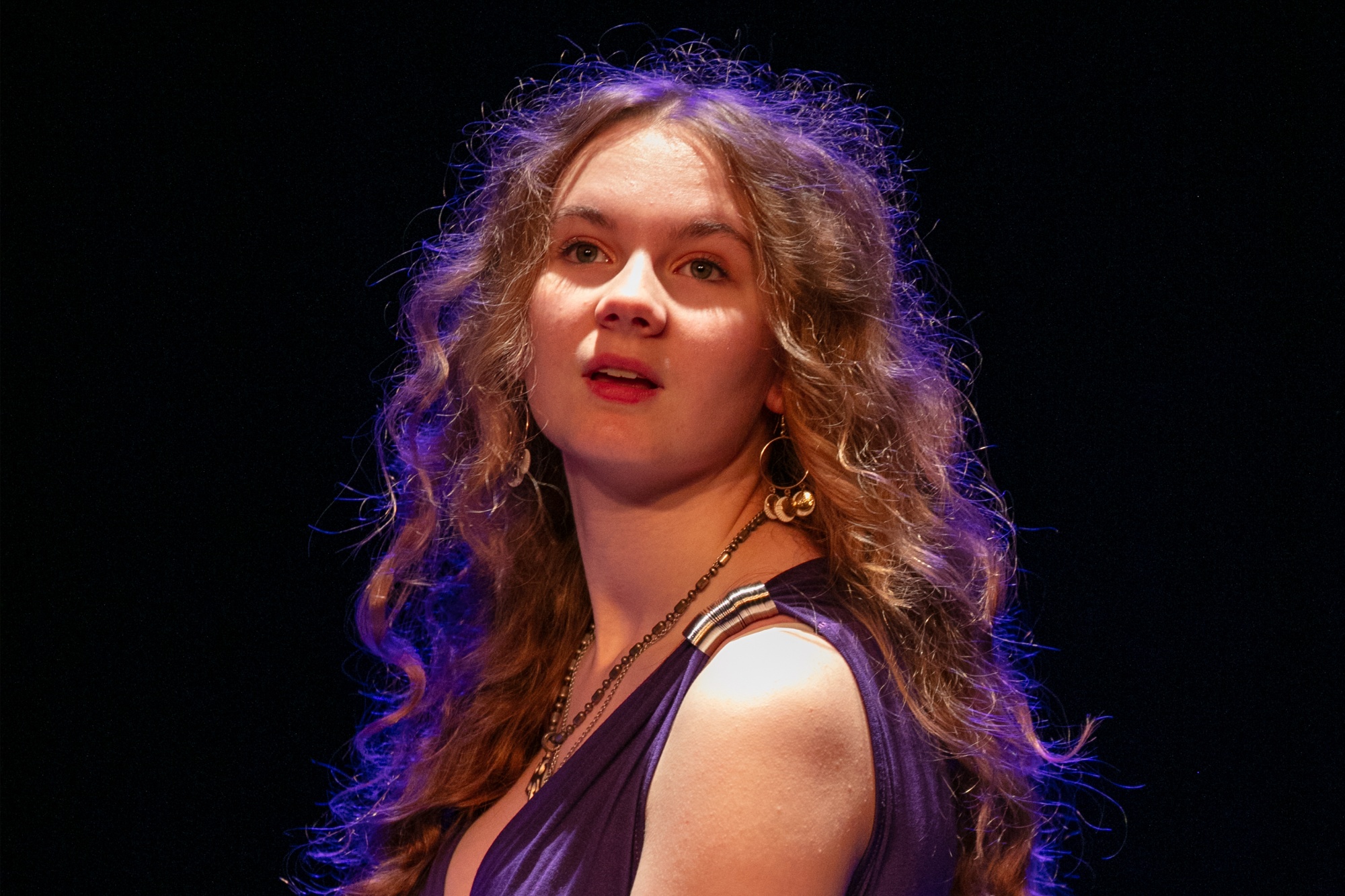
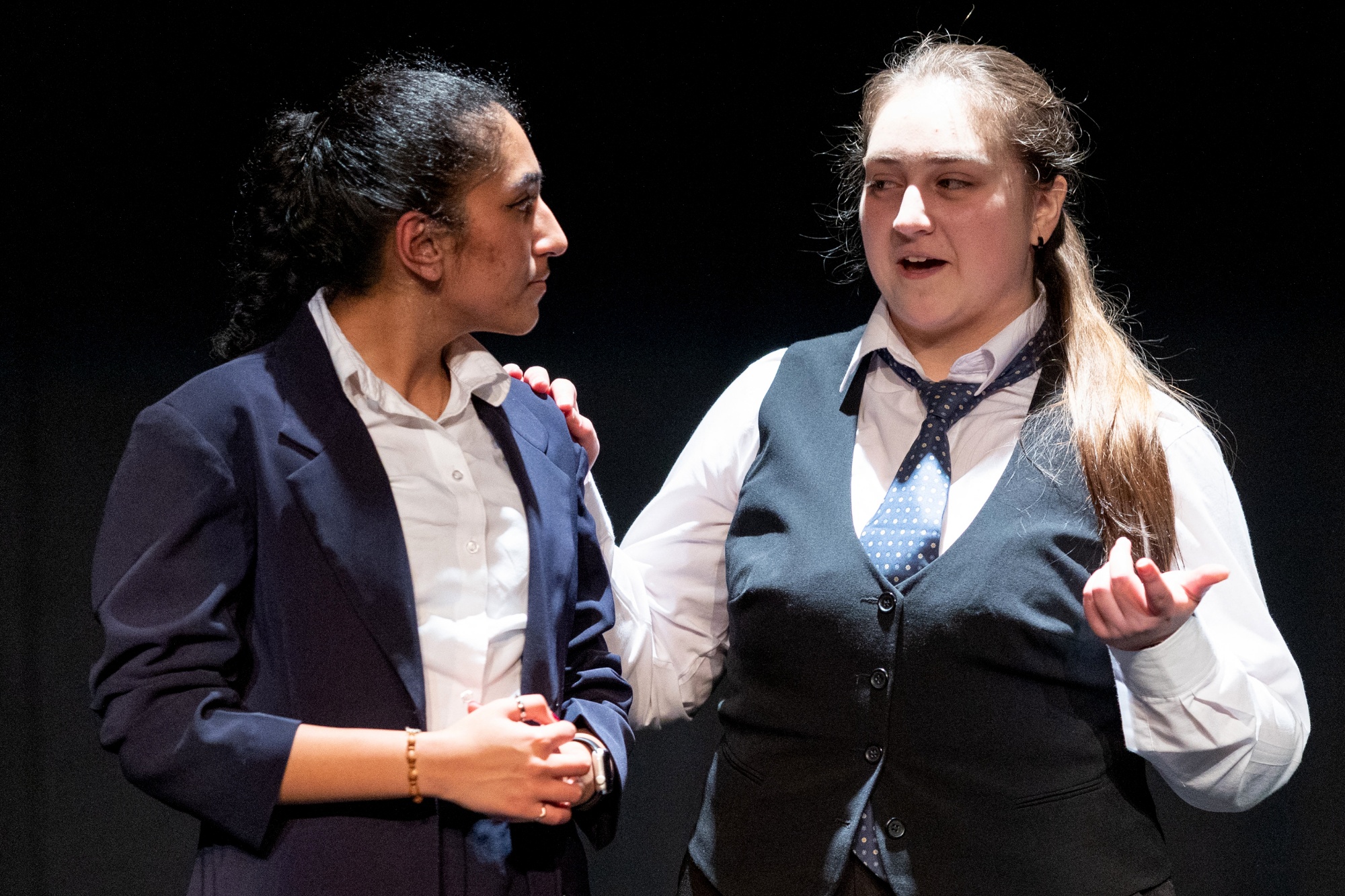
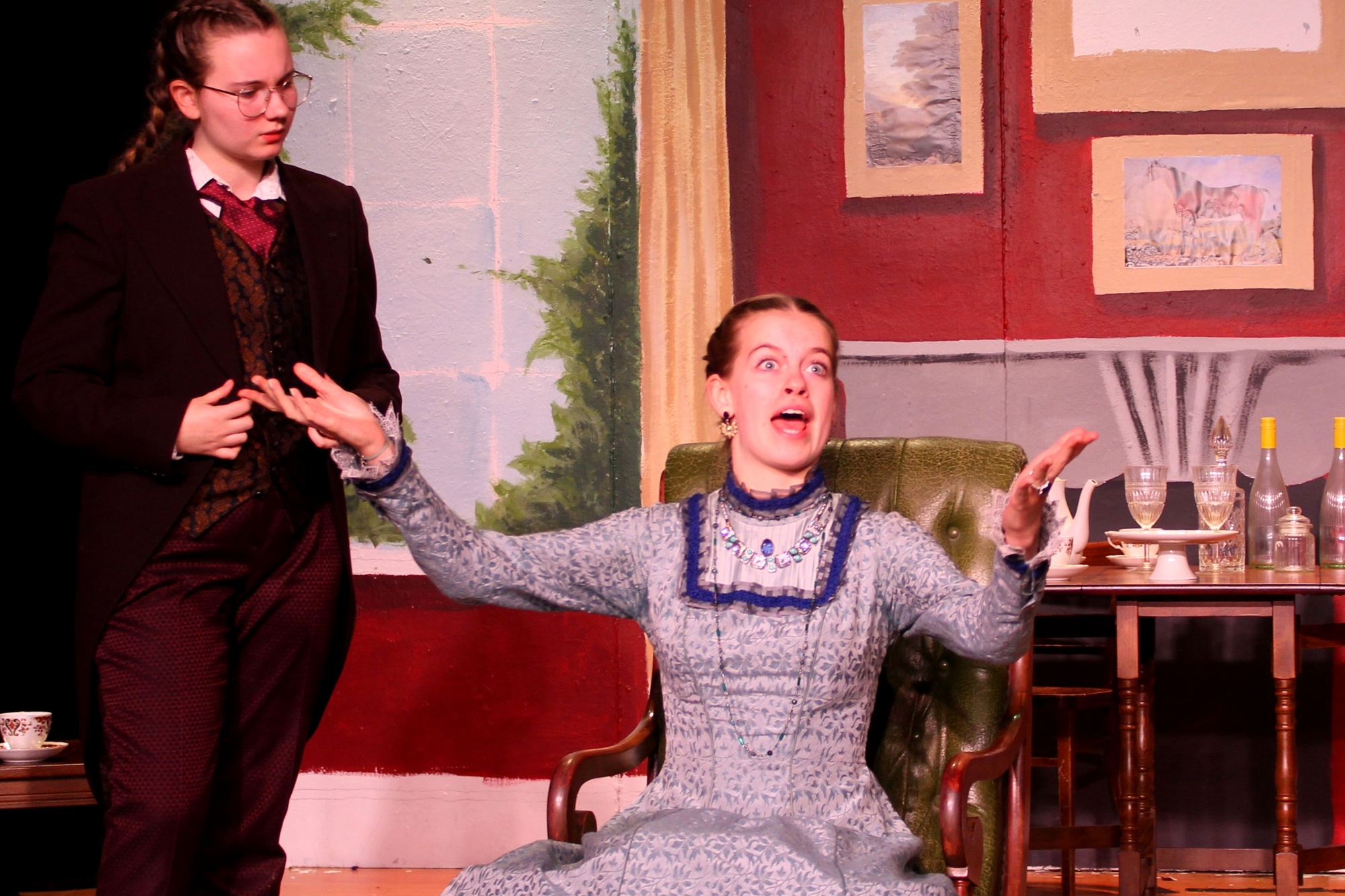
Implementing Our Curriculum
Key Stage 3
Students beginning Key Stage 3 will be introduced to some basic elements of role play and performance. The aim in year 7 is to ensure that all students feel a sense of confidence and enjoyment in the subject, particularly if it is not something they may have experienced previously. As students move up through this Key Stage they will gain a greater understanding of how others elements, outside of performance, can shape work and impact an audience – including costume and lighting/sound design. Students will be expected to regularly perform, in a group, in front of an audience of their peers and will become increasingly able to shape and communicate constructive criticism. Throughout KS3 we explore a range of performance styles and will study published plays as part of this.
Key Stage 4
In Key Stage 4 we build on the skills and knowledge from Years 7 to 9 as we follow the OCR GCSE Drama specification. Students will study the set text “Missing Dan Nolan” as well as evaluating live theatre seen in preparation for an end of course written examination. Students also participate in both scripted and devised performances and this can be from the perspective of a performer, designer or technician.
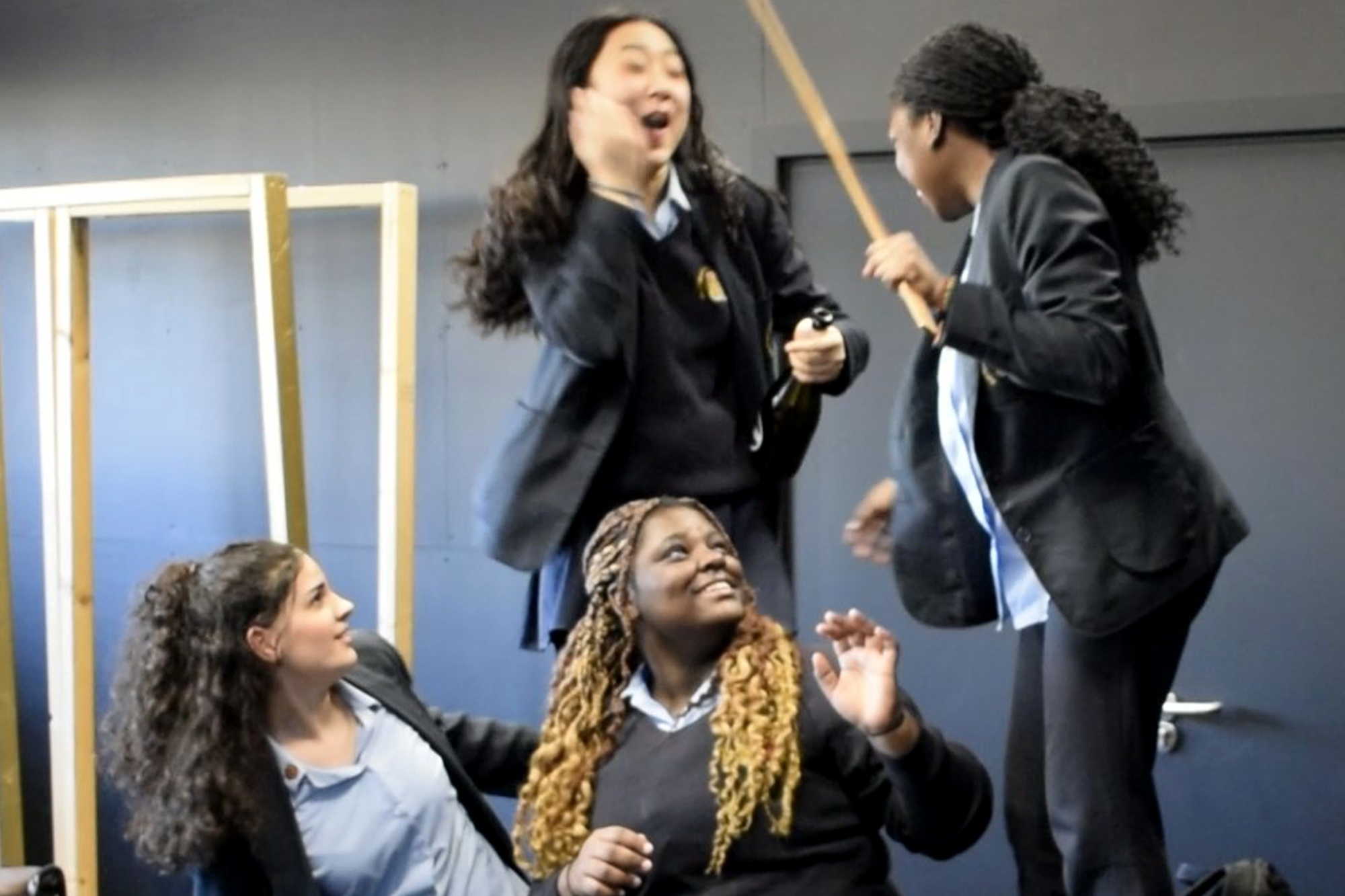
Key Stage 5
At A Level students study the OCR Drama and Theatre specification. They will study set texts including, “Othello”, “Frankenstein” and “Antigone” as well as evaluating live theatre performance. Students will need to understand and be able to write confidently about all aspects of performance, taking into account how social, cultural and historical contexts have shaped work.
Students will also take part in performances throughout the A-Level, some of which will be influenced by the work of practitioners studied.
Many of our students go on to study courses related to performance and the arts. We have also had students use the transferable skills gained in Drama to help them access courses such as English, Medicine, History, Journalism and Languages.
The Drama Department utilises a wide range of teaching and learning styles, which allow pupils to work independently, taking responsibility for their own learning. They also develop skills in working effectively with others. The subject is taught using a rich variety of texts and other stimuli and pupils are given opportunities to discuss, use role play and research to stimulate the creative process. Expectations of the commitment and effort of pupils are high. This is a dynamic department, which values all pupils’ contributions and seeks to equip them for life beyond the classroom.
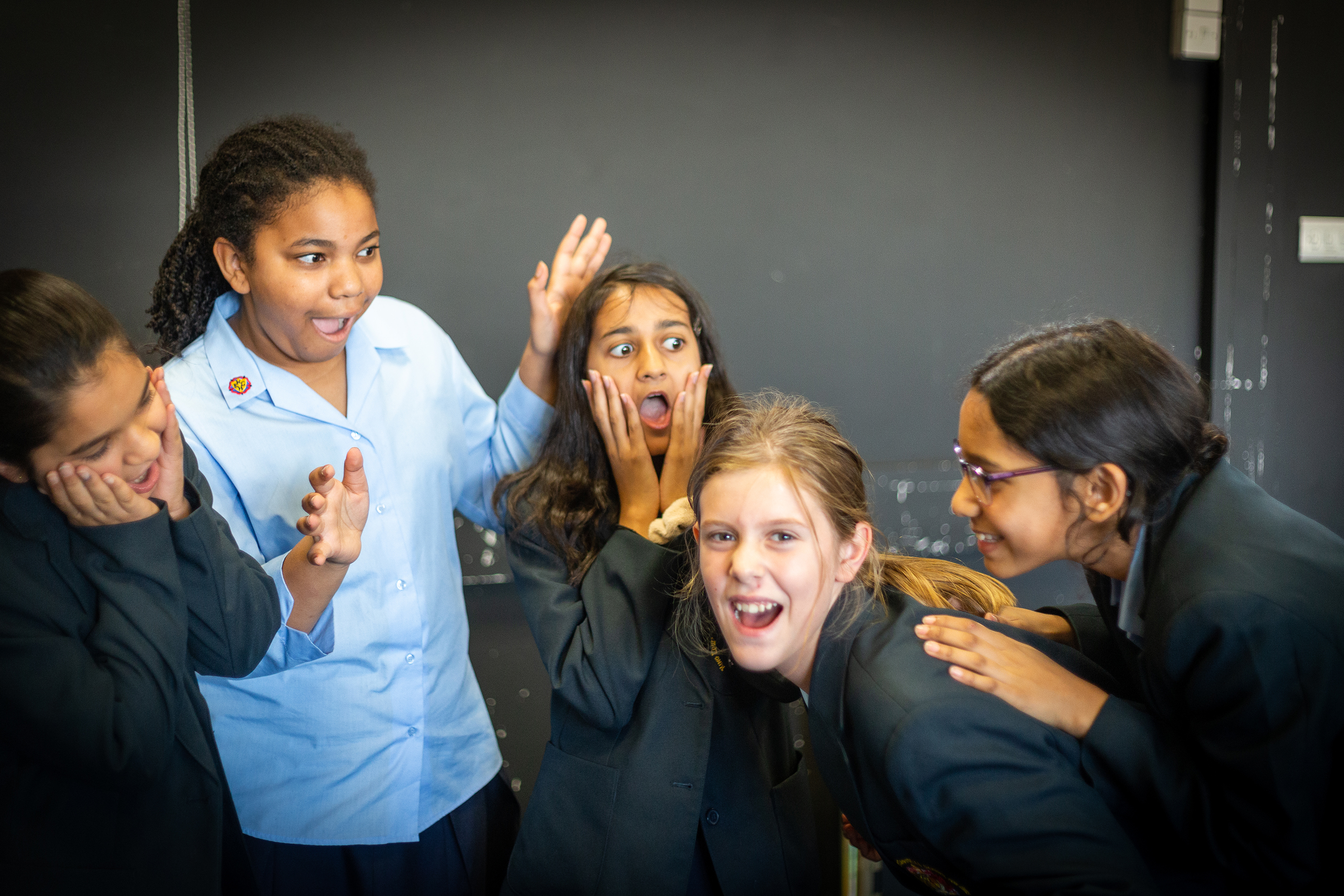
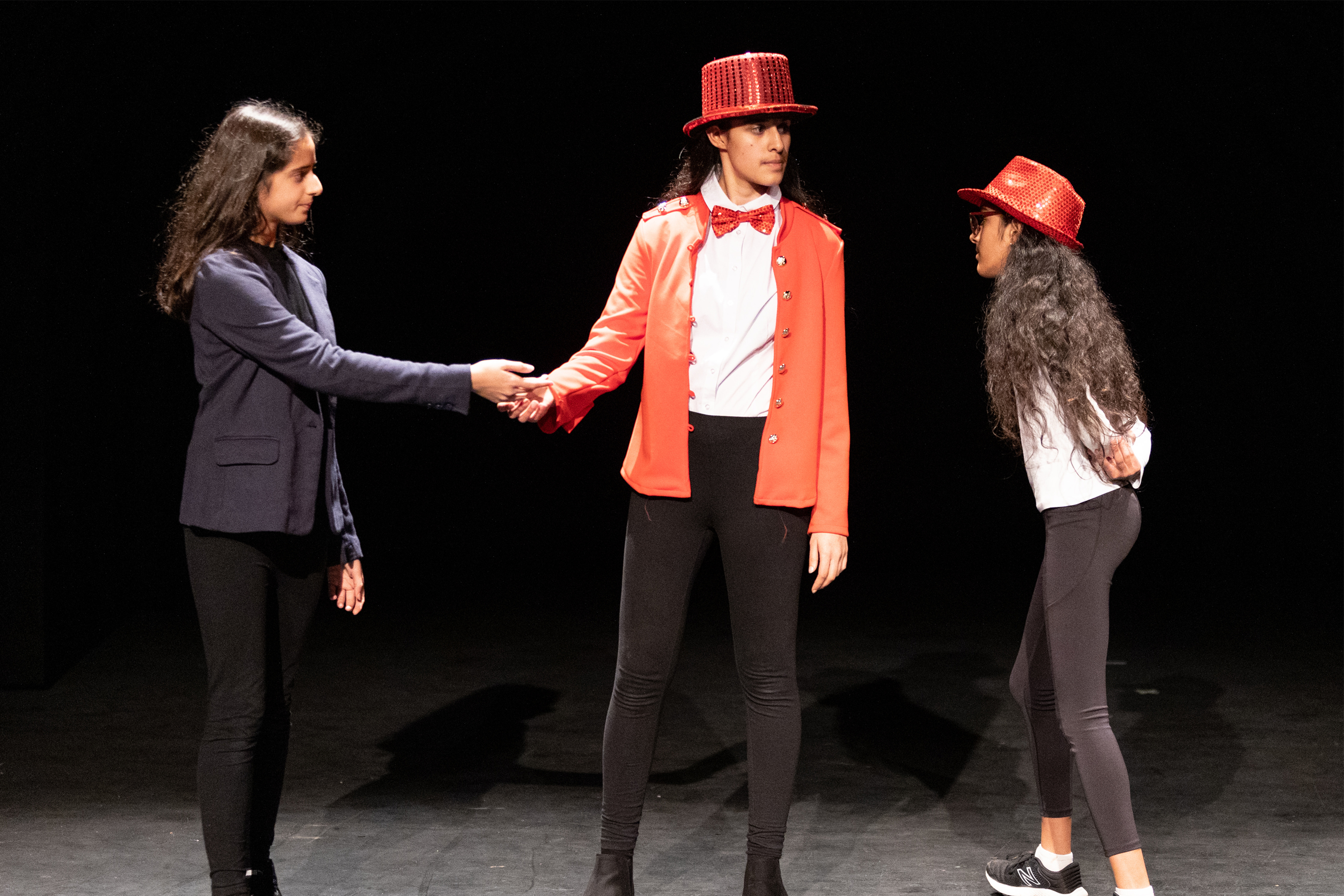
Drama has benefitted me in many ways; it’s given me the skills to communicate with my fellow classmates more effectively and helped build my confidence – skills which I think will help to put me in good stead later in life.
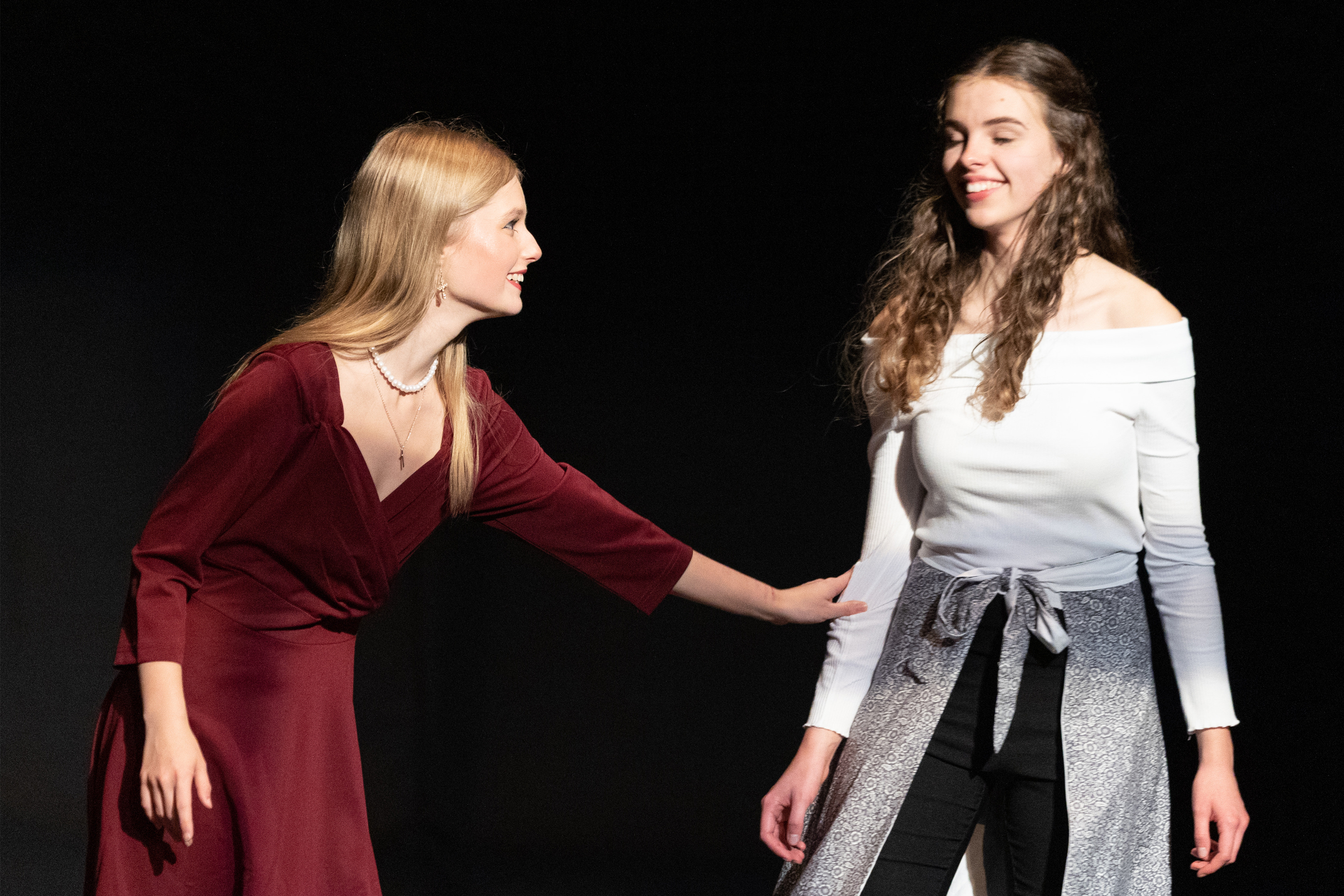
Taking A-Level Drama, was one of the best decisions I ever made. This year has been hard work but serious fun. Through studying “Oh What A Lovely War” I didn’t only learn how to approach plays as a director and develop my acting skill but also learnt more about the first world war.
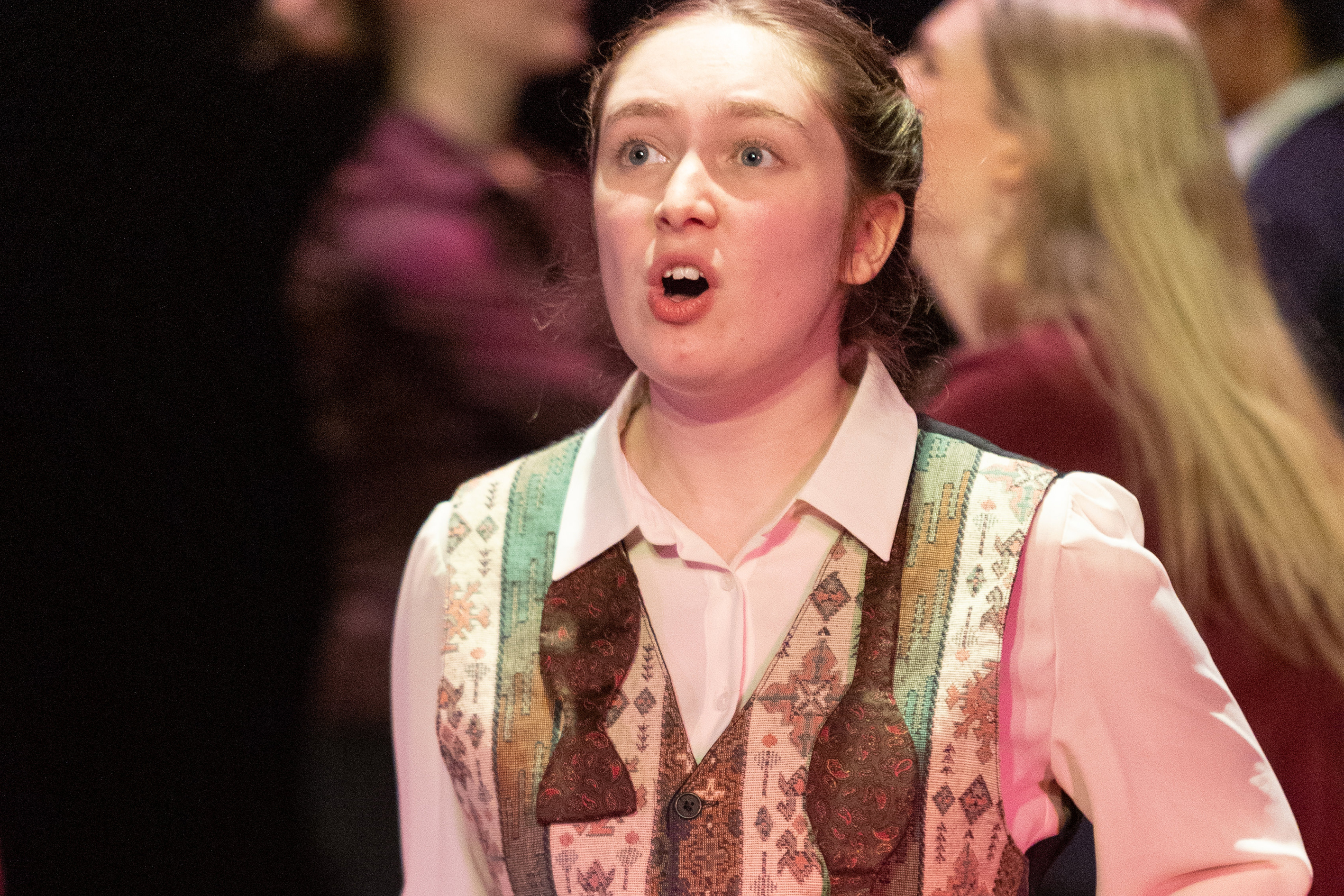
Over the years Drama has steadily become a subject I both thrive in and enjoy exploring with an open and excited frame of mind, as our practical pieces from GCSE were some of the most fun I had over Key Stage 4. Yet the best part of taking A-Level Drama stems from the fact that we have choice and control over what we want our piece of practical to be, whether it’s about post-modernism or even physical theatre!
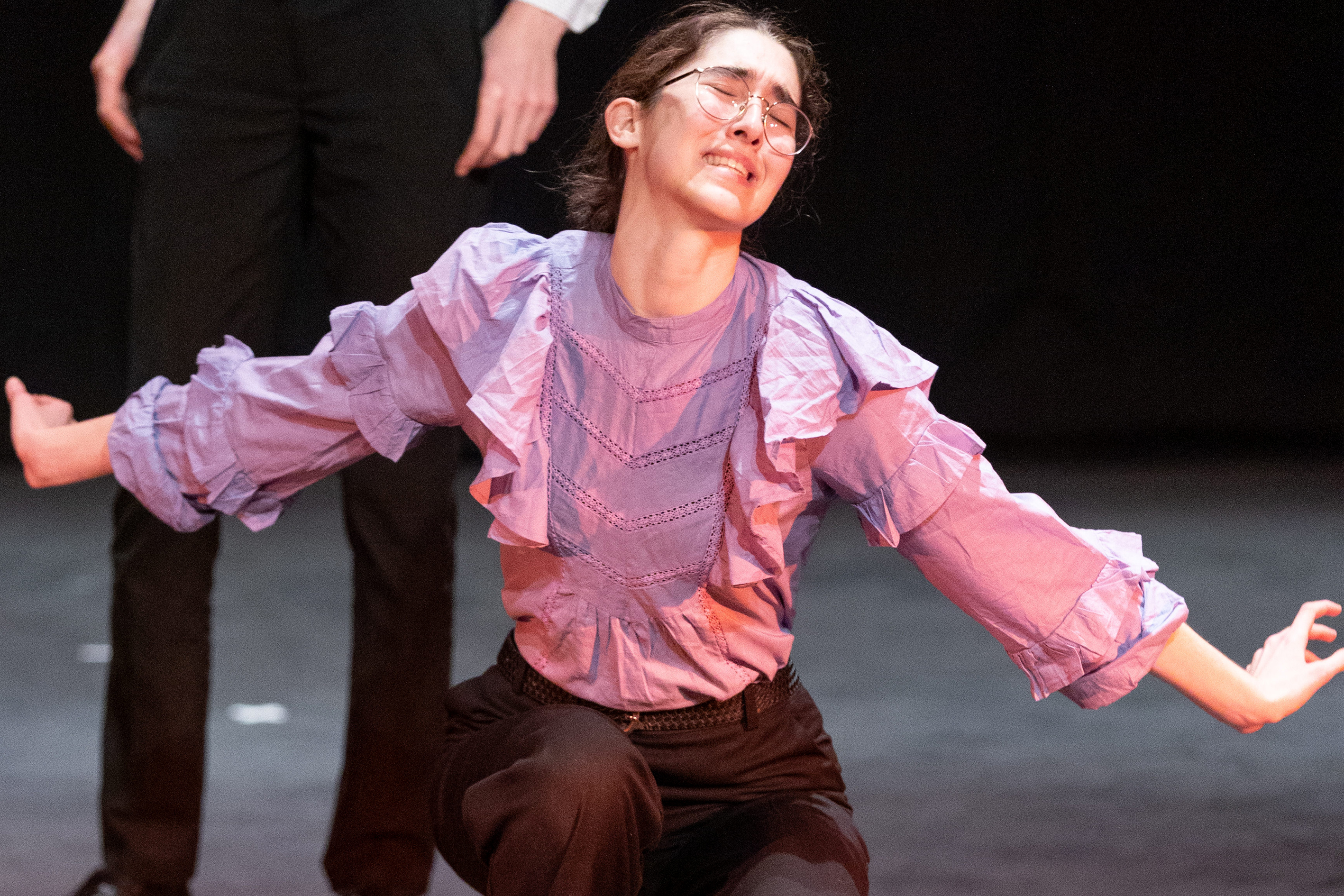
Curriculum Map
